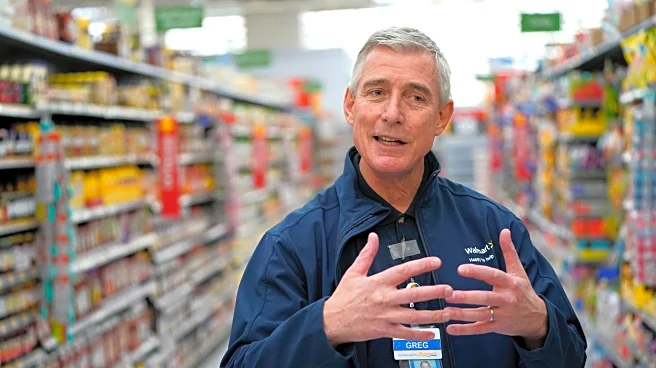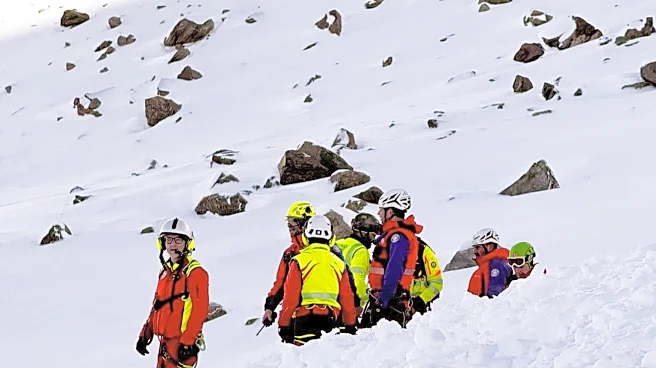Rapid Read • 8 min read
A Florida jury has ordered Tesla to pay $243 million in a verdict related to a fatal crash involving its Model S vehicle operating on Autopilot. The incident occurred in 2019 when the driver, distracted by a dropped cell phone, ran a stop sign and collided with a parked SUV, resulting in one death and serious injuries to another person. The jury awarded $129 million in compensatory damages and $200 million in punitive damages, with Tesla responsible for $42.6 million of the compensatory damages. The driver was found 67% liable but was not a defendant in the case. Tesla plans to appeal the decision, which has raised significant questions about the responsibility of drivers versus technology in autonomous driving systems.
AD
This verdict marks the first time Tesla's Autopilot system has been held accountable in court for a fatal crash, setting a potential precedent for future legal challenges in the autonomous driving industry. The case highlights the ongoing debate over the extent of human oversight required when using autonomous technology and the accountability of manufacturers. The decision could lead to increased scrutiny and legal challenges against companies developing autonomous vehicles, impacting their operations and insurance premiums. Insurers may adjust their policies to account for the risks associated with autonomous systems, potentially leading to higher premiums for Tesla owners and other companies in the autonomous vehicle sector.
Tesla is preparing to appeal the verdict, which could prolong the legal battle and further influence the autonomous driving industry. The case has sparked discussions among tech and insurance sectors about the implications of autonomous driving technology and the need for transparency and accountability. As the industry faces increased scrutiny, manufacturers may be required to provide detailed data logs and face stricter underwriting conditions. The outcome of Tesla's appeal and subsequent legal developments will be closely watched by stakeholders in the autonomous vehicle market.
The verdict raises ethical and legal questions about the balance between technological advancement and safety. It challenges the notion of plausible deniability for manufacturers, who may need to reassess their responsibility in ensuring the safe operation of autonomous systems. The case could influence public perception of autonomous driving technology and its reliability, potentially affecting consumer trust and adoption rates.
AD
More Stories You Might Enjoy












